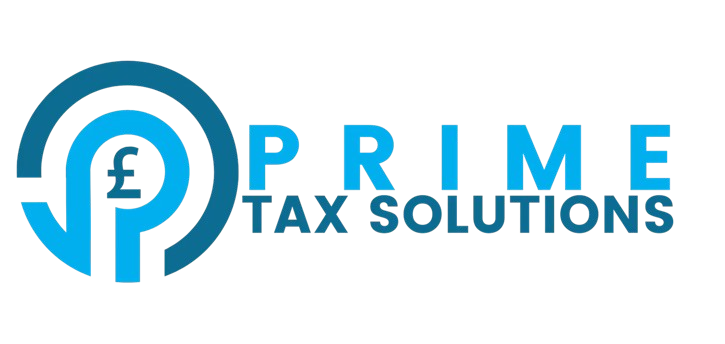Self Assessment Tax Returns/Sole Trader Accounts

About Self Assessment Tax Returns/Sole Trader Accounts
Self Assessment Tax Returns and Sole Trader Accounts are key components of managing the finances of a sole trader or self-employed individual in many countries, particularly in the UK. Here’s a breakdown of what each term means:
Self Assessment Tax Returns
- Definition: Self Assessment is a system used by tax authorities, such as HMRC in the UK, to collect income tax. It requires individuals to report their income and capital gains, as well as claim any expenses or allowances, through a tax return.
- Who Needs to File: Generally, it’s required for self-employed individuals, including sole traders, partners in a business partnership, company directors, and those with complex tax affairs or other sources of untaxed income.
- Process:
- Registration: First, you need to register for Self Assessment if you haven’t done so before.
- Filing: Complete the tax return form (usually online), providing details of your income, expenses, and any other financial information needed.
- Payment: Pay the tax owed by the deadline, which usually includes a payment on account for the next tax year.
- Deadlines: Typically, the tax year runs from April 6th to April 5th of the following year, with paper returns due by October 31st and online returns by January 31st.
Sole Trader Accounts
- Definition: Sole Trader Accounts refer to the financial records and statements that a sole trader must keep to track their business transactions. This includes income, expenses, profits, and other relevant financial details.
- Components:
- Income Records: Document all sales and income received.
- Expense Records: Keep track of all business-related expenses, as these can be deducted to reduce taxable income.
- Profit and Loss Statement: A summary of income minus expenses, showing the net profit or loss for the business.
- Cash Flow Statement: Shows the movement of money in and out of the business.
- Purpose: These accounts are essential for accurately completing a Self Assessment Tax Return and for business decision-making.
- Legal Requirements: You must keep records for at least 5 years after the submission deadline of the relevant tax year.
